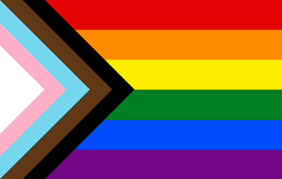If you decide to have an abortion, quality abortion providers support you to uphold or apply your tikanga Māori or cultural practice.
-
Whakatahe
In te reo Māori ‘tahe’ and ‘whakatahe’ are words for abortion - the same words used for miscarriage. For Māori, the decision to have an abortion is not a modern thing. Like all cultures, there are traditional methods for ending a pregnancy. Colonisation brought different attitudes to abortion. Now, just as Māori people are diverse, so too are Māori perspectives on abortion.
When it comes to abortion today, Māori have the right to exercise rangatiratanga over the process and mana motuhake over their bodies and reproductive health and wellbeing. That is a key part of this health service.
Upholding tikanga Māori
Māori culture collectively approves of making decisions and acting to look after your own health and wellbeing and that of the whānau. If you decide to have an abortion, quality abortion services support you to uphold your tikanga Māori or cultural practice.
This can include:
- The use of karakia before beginning the abortion process and after the pregnancy has passed.
- Taking tangata tautoko and/or whānau with you to appointments.
- You or your whānau may choose rongoā rākau and te oo mai reia for post abortion relief.
- Being offered, or asking about taking the pregnancy remains (foetal tissue or ’products of conception’) home with you. Many people chose to do this, to return the foetal tissue and wairua to the whenua, burying it as is done with placenta.
Talk to your abortion provider about what will meet your cultural needs.


